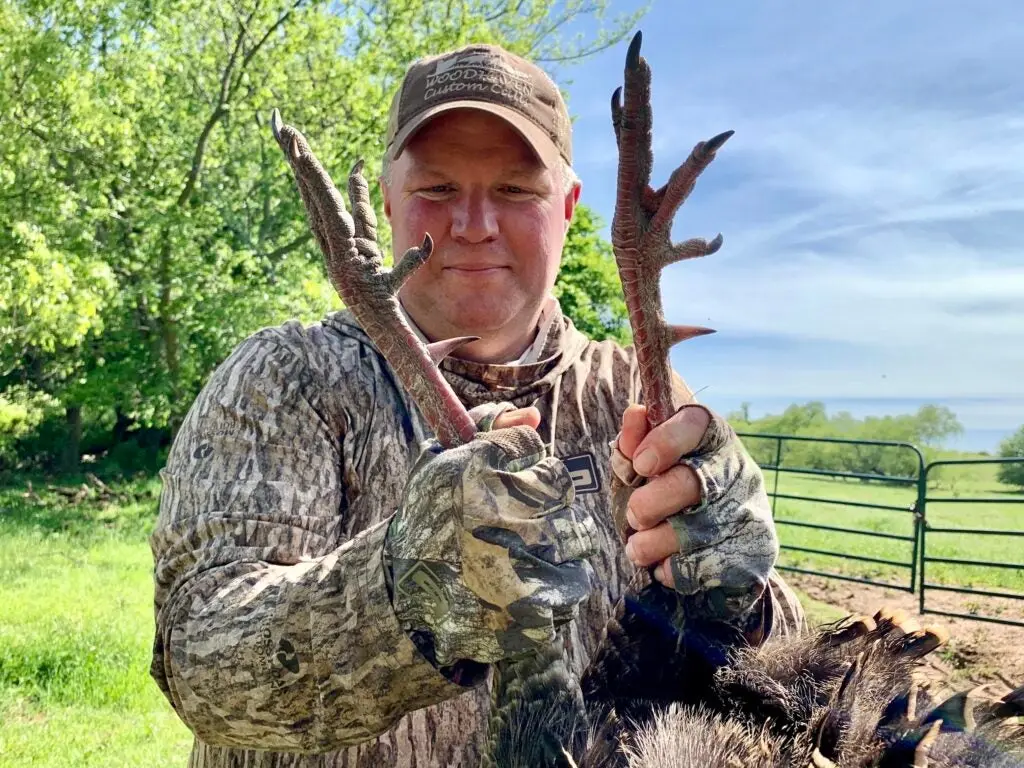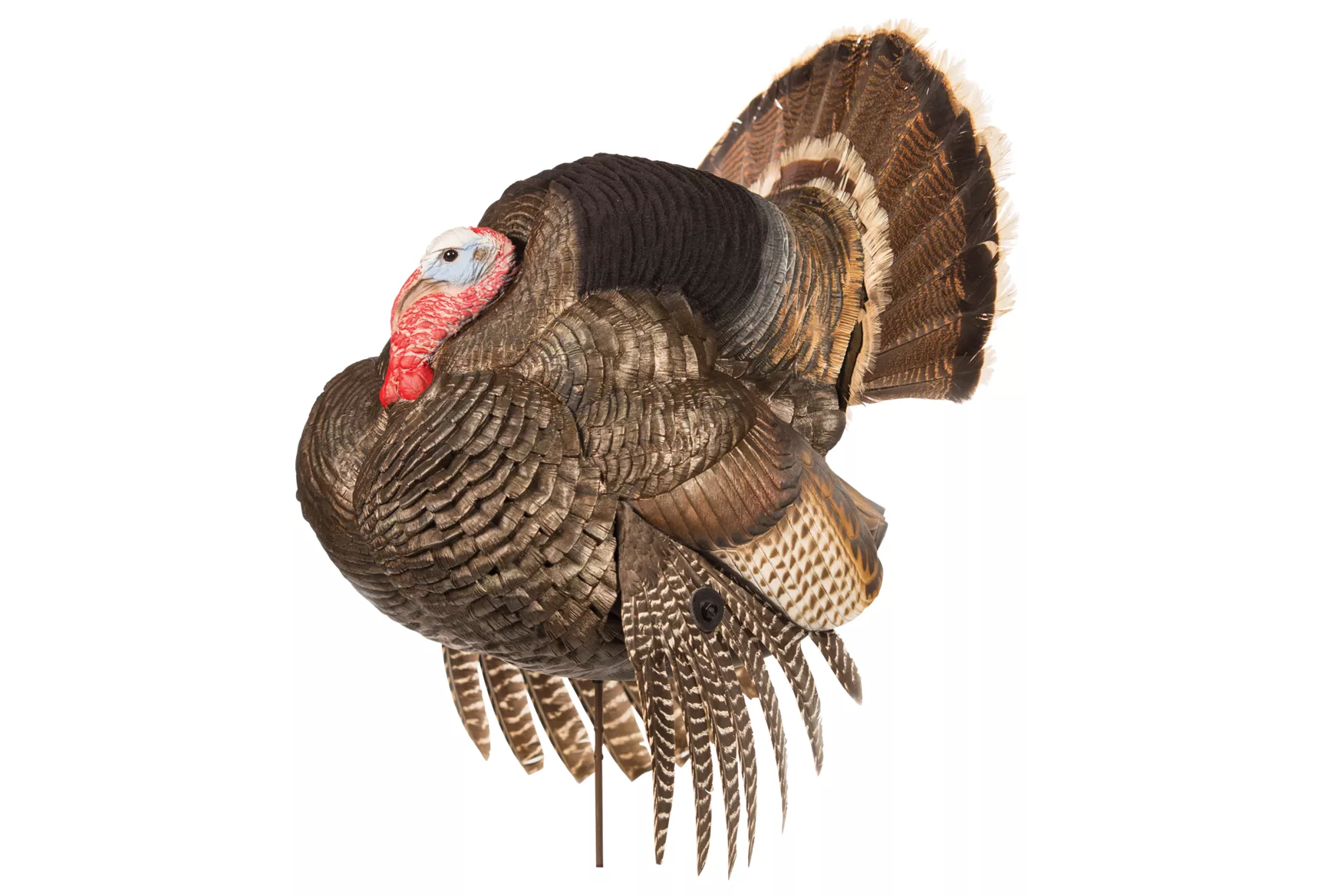We revealed the seven Best Days of the Strut
last month and discussed the best tactic for the third day last week. Now we’re giving you the perfect excuse to take a three-day weekend, because Best Day No. 4 is Monday, May 2. With all the frivolity of May Day in the rearview, it will be time to refocus on gobblers come Monday, and we picked the brain of an expert caller and seasoned guide from Oklahoma and Texas to share his favorite tactic for this time of the season.
What if you’re not chasing the Rios of the Southwest, you say? Doesn’t matter a hoot; our expert has hunted turkeys across the country and has solid advice for any fellow gobbler-chaser. So with season openers happening across the Northeast and things in full swing across the Midwest and West, it’s time to hop on the action and zip-tie a tag on a gobbler’s leg. Sure, seasons are winding down or closed in the South already, but if I know turkey nuts, folks from those climes are following the turkey rut north and can capitalize on the tactic below.
The Pro: Mark Scroggins, Texas and Oklahoma

Mark Scroggins showing off the hooks of a mature tom. Mark Scroggins
Mark Scroggins is the head guide at Rush Creek Guide Service
, based in Wheeler, Texas, and with extensive property in Oklahoma. In addition to serving as the marketing director for Woodhaven Custom Calls
, Scroggins has made his living in the turkey-hunting industry for many years, and has tagged untold numbers of gobblers all across their range.
The Strut Stage: Late Breeding/Early Nesting
“This is absolutely my favorite time slot for a couple reasons,” Scroggins says. “The main reason is that in most years the weather has finally stabilized, and you can count on warmer conditions keeping turkeys consistently active. Second, more and more hens are getting serious about nesting. Sure, in states that have been open for a while, the birds have seen some pressure and are more alert to hunters, but experience has taught me that I’d rather hunt gobblers that have heard some calling, but have lost their hens. Increased nesting means more adult toms will be alone and vulnerable; the longest-spurred gobblers I’ve guided hunters to have typically come right during this period.”
Expert Tactic for May 2: Pattern a Gobbler and Pick Your Spot
“My number one tactic right now involves my truck and a pair of Vortex binoculars,” Scroggins laughs. “Seriously, it’s a cliche, but true; it’s always easier to call a turkey to a place he already wants to be, and patterning the movements of gobblers is huge right now.” Scroggins guides in fairly open country and can glass the comings and goings of turkeys and choose spots where he knows they can be vulnerable. Woods hunters don’t have quite the same luxury, but they can get a sense of where gobblers want be by just listening closely throughout the day.

“Guiding taught me to concentrate on not educating birds; getting in and out without disturbing other turkeys,” Scroggins says. “When I hunt locations with less visibility, I simply listen to hens and gobblers and pattern them that way. If birds are not in a good spot when I locate them, I leave them alone and check them later in the day. But when I feel I can get to a spot where a gobbler is vulnerable without bumping them or any other birds, I stick out a DSD Strutting deke with a real fan and yelp with a mouth call that offers a good range of turkey vocalizations. The call attracts the tom to the setup, and the decoy seals the deal. Old, mature birds will not tolerate another gobbler strutting in their area.”
**_Read Next: Best Turkey Shotguns for 2022
_**






